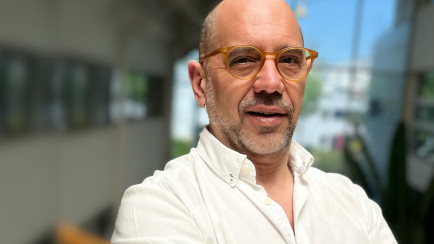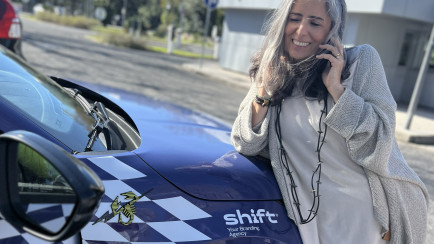
By Rita Oliveira, CEO of Shift
The latest report on global risks from the World Economic Forum highlights one of the biggest challenges for companies in the coming years: the erosion of social cohesion and the polarization of society, underlining that there will be an increasing rise in conflict between ideals of equity and extreme positions on issues such as immigration, gender, ethnicity, among others.
It can be said that in Portugal, some movements of these phenomena are now beginning to be felt, especially after the last legislative elections.
Diversity, equity, and inclusion are cultural issues. Therefore, it is important to be aware that these transformations in organizations are sensitive because they touch on deeply personal and subjective issues, unlike issues such as the digitalization of the company or environmental sustainability, for example.
The challenge is significant, but companies and brands where diversity and inclusion are a reality generally perform better financially and are potentially more innovative. Their teams are more capable of anticipating changes in consumer needs, can more effectively build long-lasting relationships between brands and consumers, and are an important factor for attracting and retaining talent.
Brands are beginning to run out of space to alienate themselves from issues such as gender identity, sexual orientation, ethnicity, religion, creed, territory of origin, culture, language, nationality, nativity, ancestry, age, political, ideological or social orientation, marital status, family situation, economic situation, health status, disability. Many global brands like Gucci, LV, Levi’s, and Urban Outfitters, for example, already adopt an actively gender-neutral stance and continue to be committed to diversity, equity, and inclusion.
Those managing a brand must be well aware that the way a brand positions and communicates can perpetuate stereotypes. The contexts and social values of consumers influence brand decisions. Younger consumers pay more attention to inclusive advertising when making purchasing decisions.
Brands know that their survival depends on their ability to adapt to changes. The challenge is to maintain a consistent voice and messaging while doing so.
This article was published in Sapo Human Resources.

In the latest edition of Meios & Publicidade, Ricardo Pinto Correia, Head Designer at Shift, shares an article that challenges the way we think about branding in...

Dubai Chocolate, the global phenomenon of the moment, quickly conquered the world and all it took was a post on TikTok showing an influencer's experience with the produc...

Shift is the branding agency that doesn’t leave your brand in someone else’s hands. Now that a new edition of the Eco Rally is kicking off, its partnership with World Shopper...